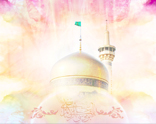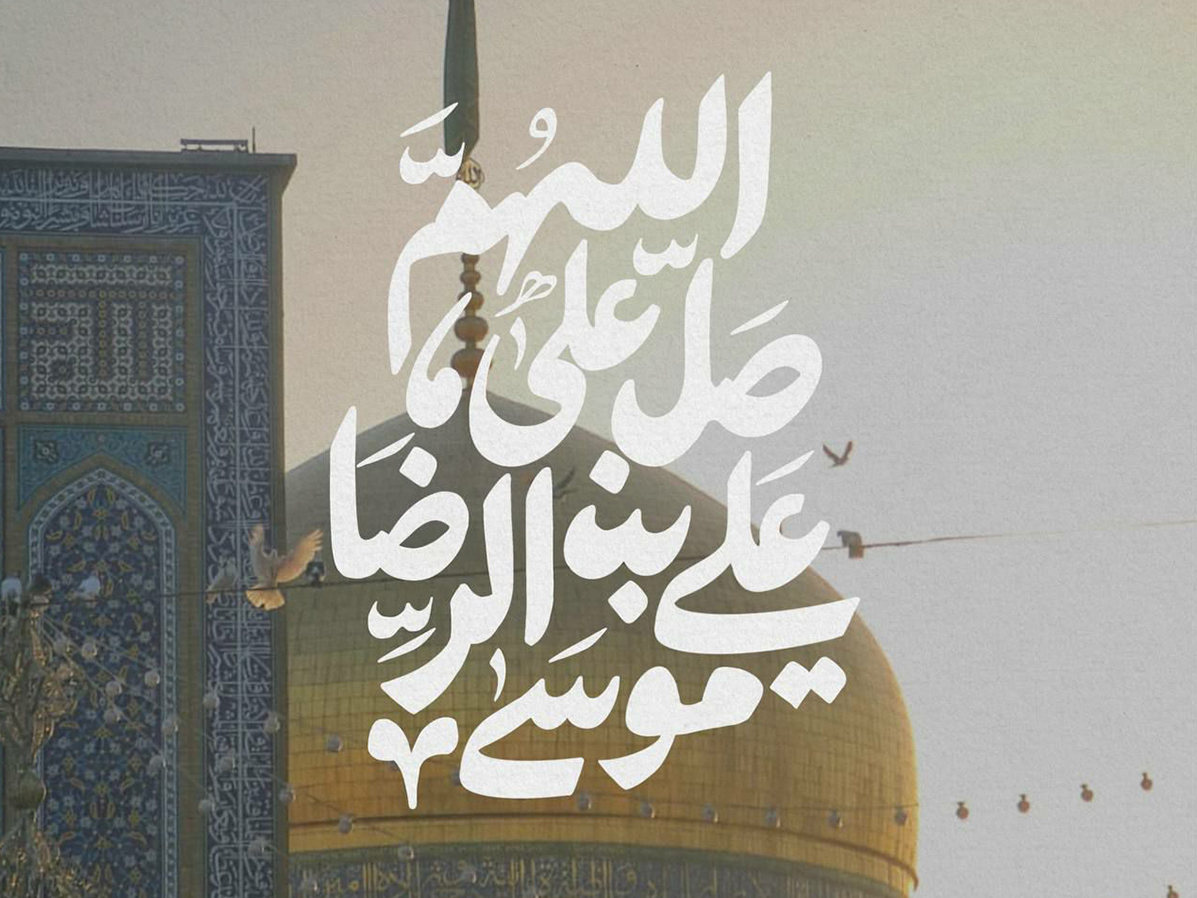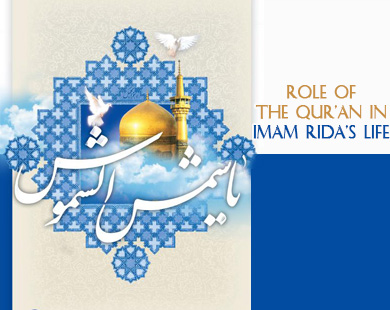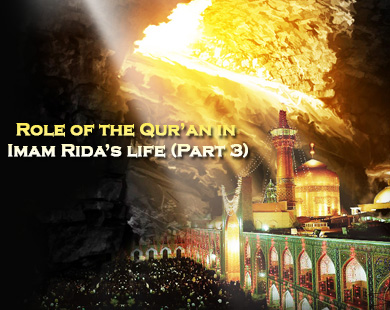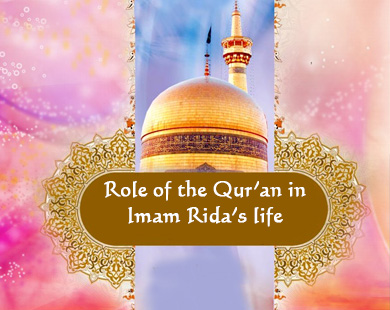Imam al-Rida, peace be on him, thoroughly encompassed all sciences and knowledge. The historians and the narrators have unanimously agreed that he was the most knowledge of the people of his time, the most meritorious of them, and the most learned of them in the precepts of religion and other sciences such as philosophy and medicine. Talking about the Imam’s abundant knowledge, ‘Abd al-Salam al-Harawi has said: “I have never seen a person more knowledgeable than ‘Ali b. Musa al-Rida. When a religious scholar sees him, he bears witness for him (as being the most knowledgeable) as I do. Al-Ma’mun gathered for him in assemblies a number of the scholars of religions, the jurists of Islamic law, and theologians. However, he overcame them to the extent that they acknowledged his excellence (over them) and confessed their feebleness before him. I heard him say: ‘I used to take my place at the theological center (rouda) and the number of the learned scholars in Medina was quite large.
Yet when a question over-taxed the mind of one of those scholars, he and the rest would point at me, and they would sent me their queries, and I would answer them all.1”
The Imam was the most learned of the people of his time and was the highest authority in Islamic world; religious scholars and jurists would send to him their questions about Islamic precepts.
Ibrahim b. al-‘Abbas has said: “When al-Rida was questioned about a certain thing, he answered it. I have never seen that there is a person more knowledgeable than him. Al-Ma’mun examined him with questions about all things, and he answered them.2”
Imam al-Rida, peace be on him, was the most eminent Muslim thinker, so he was able to develop the cultural and scientific life of the Muslims.
Al-Ma’mun has said: “I think that there is no person on the face of earth more learned than this man (i.e. Imam al-Rida).3”
His (i.e. Imam al-Rida’s) debates in Khurasan, Basrah, and Kufa give evidence for his being the most knowledgeable on the face of earth. During those debates he was questioned about the most difficult problems and he answered them, so all the religious scholars of his time yielded to him and acknowledged his excellence over them.
His Knowledge of all Languages
Another example of his being the most knowledge person is that he could speak all languages. Abo Isma‘il al-Sindi has reported: “When I was in India, I heard that Allah had an Arab proof, so I went out to seek him. I was guided to al-Rida (peace be on him), and I went to him. I could not speak Arabic. I greeted him in Sindi, and he greeted me in my own language. I asked him in Sindi, and he answered me in it. I said to him: ‘I have heard that Allah has an Arab argument, and I have gone out to seek him. He, peace be on him, said to me: ‘It is I; ask (me) about whatever you desire.’ I asked him about my questions, and he (peace be on him) answered them in my own language.4”
Abo al-Salt al-Hurawi has said: “Al-Rida, peace be on him, spoke to people in their own languages. I asked him about this (quality), and he replied: ‘O Abo` al-Salt, I am Allah’s proof over His creatures. Allah does not appoint over a people a proof who does not speak their own language. Have you not heard the words of the Commander of the faithful: ‘We have been given sound judgment. Is this not his knowledge of languages?’5”
Yasir al-Khadim (the retainer) has narrated: “Abo al-Hassan (al-Rida), peace be on him, had in his house Byzantines and Slavs. He was close to them. He heard them speak in Slavic and Romanian, saying: ‘We are visited in our homeland every year, but we are not visited here.’ In the following morning he (al-Rida) sent someone to visit them.6”
Shaykh Mohammed b. al-Hassan has composed a poem concerning this quality, saying: is the clearest miracle and sign.7
* The life of Imam 'Ali Bin Musa al-Rida. by: Baqir Sharif al-Qarashi. Translated by Jasim al-Rasheed
1- Kashf al-Ghumma, vol. 3, p. 107.
2- 'Uyy?n Akhbar al-Rida, vol. 2, p. 180. Imam al-Jawad, p. 42. Al-Ithaf bi Hub al-Ashraf.
3- A'yan al-Shi'a, 4/Q2.
4- Al-Majjlisi, Bihar al-Anwar, vol. 12, p. 15.
5- Al-Manaqib, vol. 4, p. 333.
6- Ibid.
7- Nazhat al-Jalis, vol. 2, p. 107.


